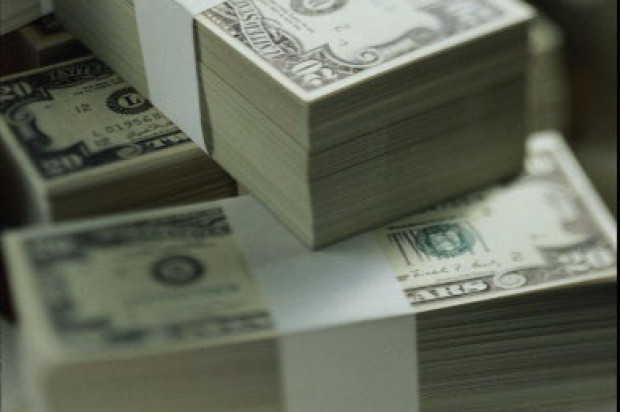
A temporary payroll tax exemption extended to Twitter and other businesses in San Francisco’s Mid-Market and Tenderloin neighborhoods cost the city more than $33 million last year, but Mayor Ed Lee says the move has more than paid off.
A report released by the Office of the Treasurer and Tax Collector on Friday found that the six-year exemption, approved by the Board of Supervisors in 2011, cost the city $33.7 million in foregone payroll taxes in 2014. That amount was a sharp increase from the $4.2 million the city lost in 2013 or the $1.9 million in 2012.
Despite the lost tax revenue, Lee issued a statement Monday crediting the exemption with revitalizing the Central Market area.
Lee said the area now has 17 technology companies, three co-work spaces, two venture capital firms and 40 new storefront businesses, as well as 15 new arts venues. The area has realized $40 million in additional taxable sales and seen a 17 percent increase in sales tax from 2010 to 2014, he said.
“This transformation — which benefits all residents of the Central Market and Tenderloin neighborhoods and our entire city — simply would not have occurred without the Central Market/Tenderloin Payroll Tax Exclusion,” Lee said.
The city also offers tax exemptions for clean technology and biotechnology firms, among others. Those two exemptions together caused the city to forego less than $3 million in 2014.
The payroll tax exemption applies only to new payroll for companies that move to the area on or near Market Street between Fifth Street and Van Ness Avenue. Only six companies qualified for the exemption in 2014, down from 14 in 2012, but the overall number of employees covered increased from 1,810 to 3,482 during the same period, the treasurer’s report said.
It was approved in 2011 after the microblogging company Twitter announced it was considering a move to the Peninsuala, in part due to San Francisco’s 1.5 percent payroll tax. San Francisco is the only city in the state to levy such a tax, which applies to any company with a payroll above $250,000.
The tax exemption was opposed by supervisors John Avalos, David Campos and Ross Mirkarimi in 2011, who argued it would encourage other companies to seek special treatment and draw businesses away from other parts of the city. It has drawn criticism since then from labor and housing groups who have argued that the city should not be offering tax breaks to companies when the funding is needed for the city budget and in areas such as affordable housing.
The increase in foregone tax revenue in 2014 is largely attributable to the fact the payroll tax includes compensation in the form of stock options, and Twitter and other companies affected by it have gone public in the past year, according to city officials.
Twitter agreed to move into the former San Francisco Mart building on Market Street shortly after the tax exemption was approved.
Sara Gaiser, Bay City News









